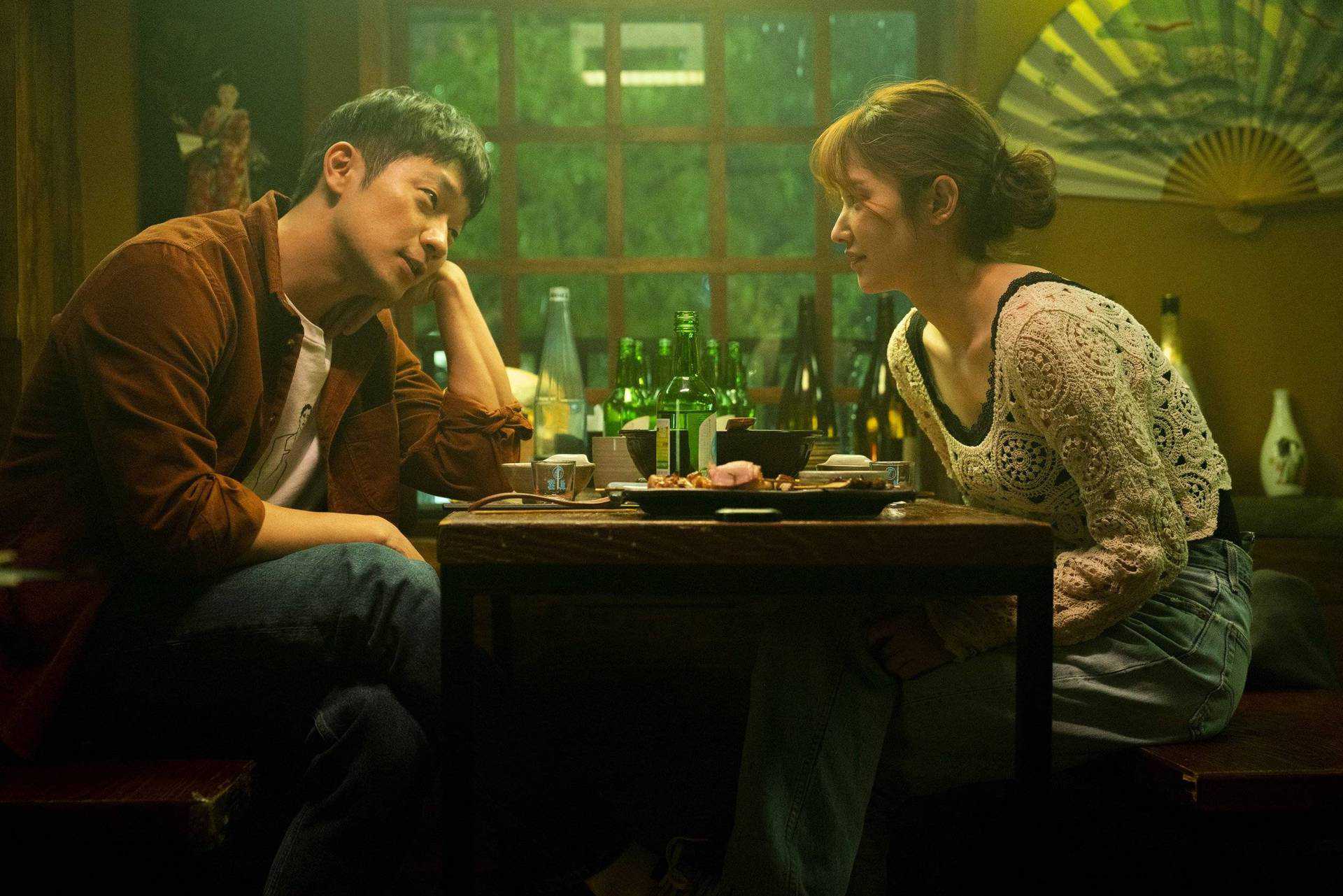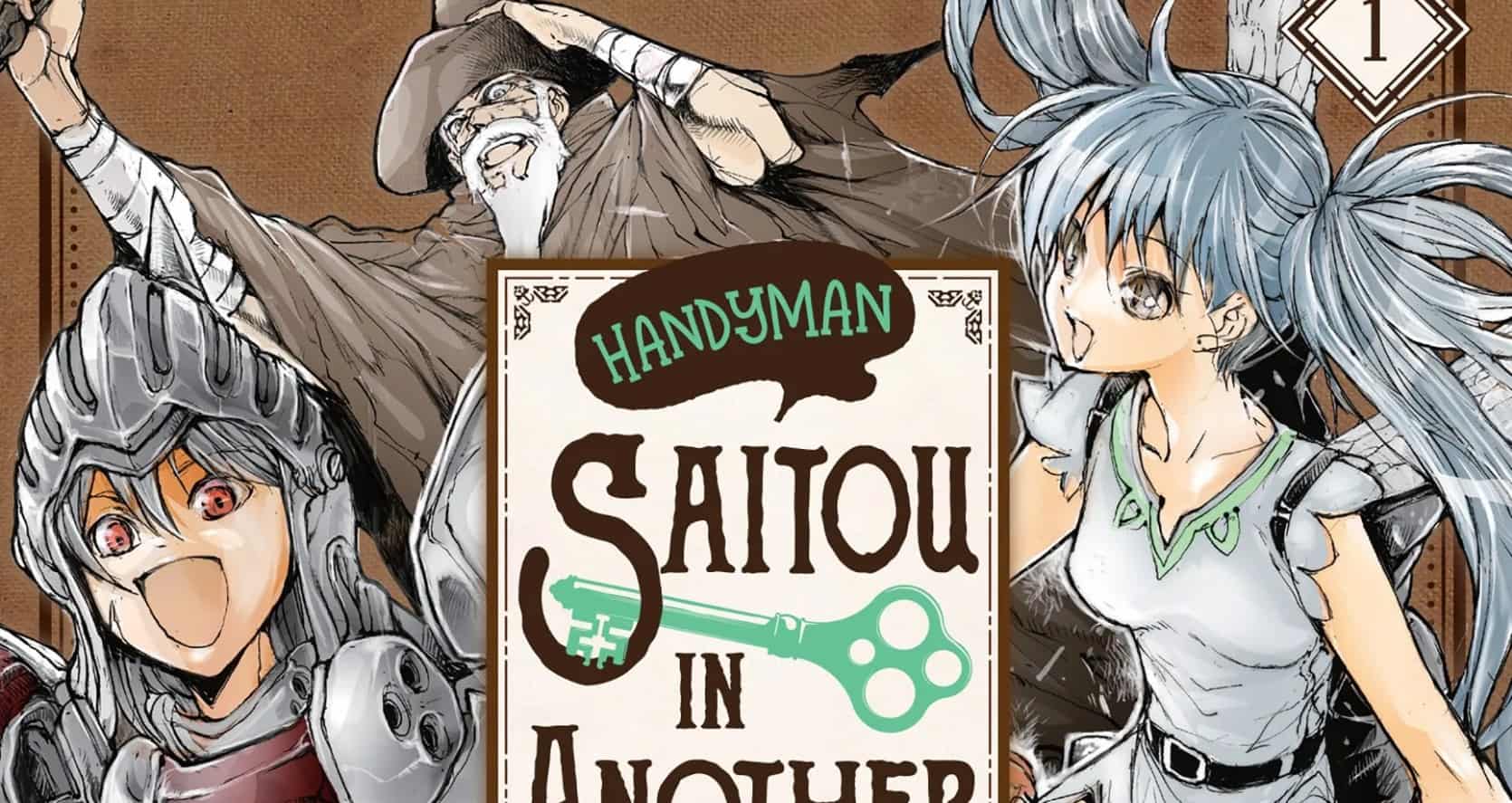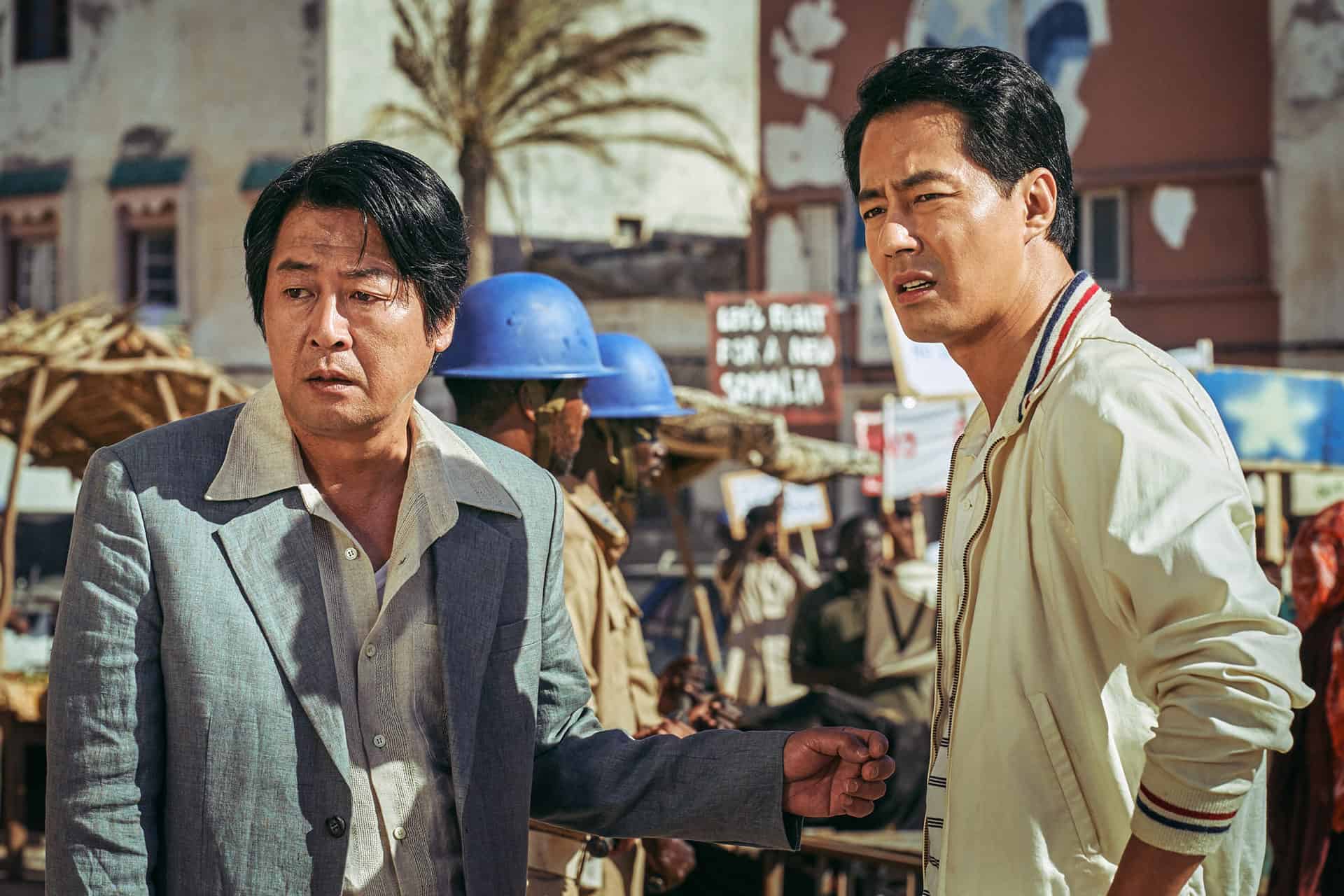“But who am I to burst their bubble?”, or America as Coping Mechanism
It is crucial here to acknowledge that the characters' far fetched dreams are not unfounded or born of complete hysteria, even if they come from condemned idealism. In fact, the modus operandi of the trio seem to be, once again, a double entendre that unpacks the reasons and realities behind a collective admiration for America, often owing to larger systemic issues within the home country, while uncovering its impending consequences. The effect of these movies extend far beyond critique of America, but more importantly, an examination of individual relationships with America. A way to look at the double entendre between dream and reality is to position America as a short term, unsustainable solution to the characters' ultimate inner struggles. Each positioning of this model also reveals a different take on how each East Asian film perceives the pros and cons of Americanization.
This applies most literally for “Factory Boss”, where Dalin takes on an unrealistic contract order of dolls from an American MNC. Most practically, the Americans present a networking door for Dalin, where he occasionally attempts to curry favor, entertain and beseech over hotpot or tea. Interestingly, just as Dalin represents a more balanced perspective of America from the start, the American characters in “Factory Boss” also appear more nuanced, familiar and involved. They speak business Chinese to Dalin, have good knowledge of China, and use chopsticks effortlessly. As colleagues and clients do, they want to befriend and negotiate, giving Dalin empty slivers of hope of gaining more time, more empathy. Yet by the end, as Dalin faces the brunt of labor abuse charges, his American clients easily throw him under the bus. In the pit of 2008's economic recession, he knows that any available order will come at unethical terms, yet he agrees, as a last ditch attempt to save his toy factory from bankruptcy. Secretly, he hopes the short term returns will bring him closer to the pipe dream of transiting from the middle, uncreative rut of the “made in China” pipeline.
For pre-teen Soon-Ja in “Barbie” (2012), embracing America is less (or perhaps more than) a career move, but akin to regaining dignity from her destitute family situation. Throughout the film, Soon-Ja is seen perfecting her English, escalating into elaborate dress-up with wide pink dresses, glittery make-up and hair clips. These rituals to “Barbie-fy” herself distance her further and further from the Korean family she is deeply ashamed of, once she determines that the only way out is to seduce the visiting American family into adopting her. The consequences of “Barbie” (2012) are obvious by its grim ending: Soon-Ja unknowingly sells herself to have her organs harvested in America. But from the story's development, we also learn that going to America will not heal Soon-Ja's broken sense of self-worth, because as a Korean, she is consequently an outsider to white America. Besides scenes of repetitive racism from the white characters, we are constantly reminded of the class and racial differences between the Korean and white children. Just like Greta Gerwig's “Barbie”, the 2012 film features a not-so-funny running gag of two characters repeatedly exclaiming “Hi!”. Soon-Ja's sister, Soon Young and her adoptive white sister, also named Barbie (Cat Tebo) greet each other successively, with conversations hardly flowing, because despite their genuine desire to connect, their language barriers limit them to alienation.
While seeming simple, “On Happiness Road” surprisingly adopts a combination of the 2 aforementioned perspectives: America as a door to the liberal market economy, and as a place of true emotional fulfillment. Chi's attachment to America begins with her idol Candy, a formative and lifelong desire for excitement and closeness in a romantic relationship. This idea of closeness morphs with her own growth from adolescence to young adulthood, with which comes political ideals, career desires and so on. When Chi rejects science to study humanities, her conservative Taiwanese parents interpret it as a rebellious betrayal. A romantic move that lacks financial foresight, and is also influenced by Chi's wilful passion for the 1990 pro-democracy student movements. “On Happiness Road” examines a further ideological perception of America, especially coming from East Asia – Americanization as democratization, and the rejection of (problematic) tradition. This lean towards liberal arts would be the one to eventually, finally, take her to America to work as a journalist, whereupon she meets and marries an American man. Yet as we have discovered time and again, running to America brings only short-lived happiness. In her 30s, Chi is confronted, and also actively confronts her alienation in the USA. Worrying if her white husband fetishizes her Asian-ness, watching her cousin's American-Chinese family grow into diaspora, and unexpectedly, missing home.
“How does her story end?”
In the opening and closing scene of “Factory Boss”, there is one strange, unmissable prop that never appears otherwise: a large, obnoxious, hot pink thermos flask, nonchalantly slung on a factory worker's shoulder as he walks to work. In the closing shot, the worker carries it as he walks away from the factory forever. The jarring appearance of this prop always moved me. For the worker, the hot pink container is simply a functional water bottle, and he has no care or understanding for its aesthetics, style, or latent social meanings. When we lay our identities bare, when we fully unpack our most complicated feelings for a fair-skinned doll, Barbie returns to being just a doll. A hunk of silicone, with no moral virtue or value, no greater baggage.
This is perhaps one way in which we may choose to end our tussle with America, or what we can designate as idealized, collective imaginations of America. Or we could expect more. As the consequences of pursuing America come clearer, our characters' quandary between dream and reality reaches its climax. For the audience who expect to walk away with answers, the conflict seems to be a binary: Should we accept, or reject America's hold on our identity?
It could be said that none of the characters have any more choice, which is in itself a semblance of the answer. Soon-Ja's and Dalin's fates are contractually sealed to have their lives destroyed, while Chi finds herself already pregnant with her American husband's child. Chi's marriage also presents a key humanizing factor for the USA: her husband does love her, and she does remain partially settled in America. Yet the very difference remains: She is not, and will never be, Candy. Just as Soon-Ja will never be Barbie and Dalin can never rise to the American clients' position. They are simply, not American, despite their Americanization.
As with all 3 titles, this conflict becomes sidelined by a reminder of its impossibility. America is too big, too prominent, too loud, too eventual. To hold on to the local identity is seemingly impossible and dreadful for the protagonist. To be fully American, as we discover, is simply impossible. But to be left in-between is the most terrifying, because it loses any semblance of belonging or meaning that the protagonist is driving forwards for. Yet this is the reality that the films hope to boil down to. Our protagonists' journeys are complete when they find a place of acceptance amongst their multicultural tugging. That they are equally a product of their experiences, both local and pseudo-American. Just as we, in the real world, cannot cross out the USA's cultural presence from our lives.
Must we be defined by objects and sounds we know, love, admire, or are simply surrounded by? Can't we ever fully get behind our own search for meaning? The ending of “Barbie” (2023) echoes this hope as Barbie herself (Margot Robbie) ventures to live a normal life, filled with all the discomforts of existing as a raw human being, in a flawed society. Consequently, the beauty of “Barbie” (2012), “On Happiness Road” (2017) and “Factory Boss” (2014) too come from this nascent desire to be whole, to find true dignity, happiness or fulfillment through America, yet arriving at a final agreement that life does have to come with pain. In the end, our tales of America and Americanization might be cautionary, tragic, regretful, but they demonstrate a collective truth, that by its collectivity leaves us less alone in our confusion.













